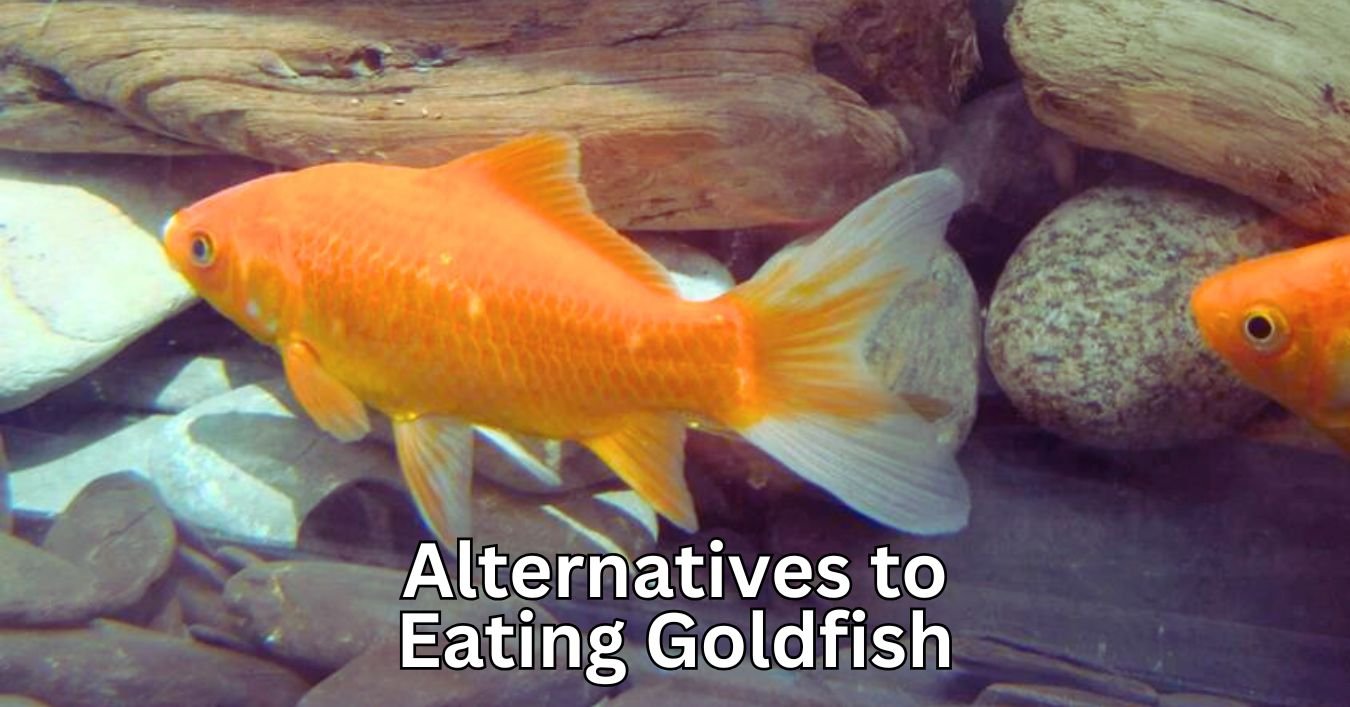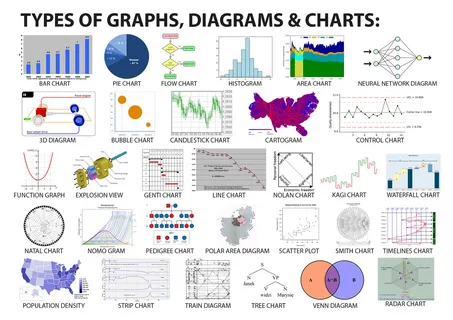It is the fact that goldfish are often kept as pets that may cause some people to ask if they can be part of our diet. The answer is yes to the question; can you eat goldfish, and technically one can eat the fish but it is generally not recommended. Goldfish are small freshwater fish that are not typically raised for food. Most of them are considered as pets or ornamental fish due to ethical issues associated with eating them.
Goldfish do not form part of human dietary recommendations or common sources of food. They find themselves in aquariums and ponds mostly as companions hence consumption would be seen by most people as being unethical. Goldfish are less viable and sustainable than other seafood, specifically grown or harvested for human consumption.
The ethical concerns of eating goldfish
Many ethical questions arise when humans eat goldfish. People usually consider them to be their favorite pet fish so turning them into meals might be thought intolerable and inhumane by some people. Other seafood such as cattle do not breed this kind of species; they instead undertake valuable tasks like making friends with their owners.
Furthermore, because they are tiny, getting any significant amount of edible meat from them becomes impractical hence using goldfish like these would lead to the waste of food. Additionally, once you have eaten those fish you will be contributing to depletion of pet fish numbers thus negatively impacting the aquariums and ornamentals trade business.
Nutritious seafood options
So it would be better if there were other healthier options for sea foods rather than focusing on goldfish’s nutrition values exclusively. Such include lean protein examples such as lean meats (e.g., skinless poultry) which provide plenty of essential amino acids consumed by human beings. Salmon: These fatty fish contain Omega 3 fatty acids which play a crucial role in heart function and brain development.
- Tuna: This type of seafood can prepare numerous protein-based dishes.
- Shrimp: These have low calorie and high protein levels, hence their common consumption.
- Sardines: Small fatty fishes that contain vitamin D, calcium and omega-3 fats are called sardines.
- Cod: It is a white fish with little fat, proteins, vitamins, and minerals.
When it comes to selecting fish as food, sustainable sourcing should be done in addition to using ethical catching and farming methods.
Sustainable seafood choices
To sum up, the most significant aspect of eating these seafoods is their sustainability. By selecting certified or responsibly prosecuted fishery/aquaculture operations, you can be more ethical and friendly to the environment.
Always choose seafood accredited by entities like the Marine Stewardship Council (MSC) or Aquaculture Stewardship Council (ASC). This ensures that fishing has minimal environmental effects, thus assuring the longevity of stocks.
Wild-caught vs. farm-raised seafood
When choosing seafood, you’ll also need to consider whether it is wild-caught or farm-raised. Both options have their advantages and disadvantages:
Healthy seafood recipes
Ultimately, the most suitable choice will depend on what you want, how much money you have, and your commitment to sustainable seafood practices.
- Baked Salmon with Roasted Vegetables: Bake flaky salmon fillets with roasted vegetables like sweet potatoes, Brussels sprouts, asparagus, etc.
- Shrimp Stir-Fry with Quinoa: Squeeze out juice from fresh veggies while sautéing shrimp over a bowl of nutrient-dense quinoa.
- Grilled Tuna Steaks with Avocado Salsa: Make thick tuna steaks and grill them till they attain perfect tenderness before pouring a highly flavored avocado-based salsa over them.
- Broiled Cod with Lemon and Herbs: The broiled cod fillet should be seasoned with lemon garlic and fresh herbs until ready.
- Baked Tilapia with Mango Salsa: A mild tilapia fillet baked together and served alongside a sweet yet tangy mango salsa.
Seafood certification programs
Look for seafood certified by reputable organizations to ensure you choose sustainable and ethical seafood options. Some of the most well-known seafood certification programs include:
- Marine Stewardship Council (MSC): This certificate ensures that fish are caught in a way that does not deplete the number of fish in the oceans or negatively affect the marine environment.
- Aquaculture Stewardship Council (ASC): This is a given for farmed fish, ensuring that it is raised ethically and environmentally responsibly.
- Best Aquaculture Practices (BAP): BAP operates a credible certification scheme that has set benchmarks for responsible seafood farming practices encompassing ecological sustainability and social accountability.
- Monterey Bay Aquarium Seafood Watch: This program, run by the Monterey Bay Aquarium, advises consumers to help them make conscious decisions about what they eat and make healthier choices of food.
You can feel confident supporting responsible and ethical seafood practices by looking for these certifications on seafood products.
Tips for choosing sustainable seafood
When selecting seafood, keep the following tips in mind to make more sustainable and ethical choices:
- Look for certificates: As mentioned before, endeavor to find fish certified by credible bodies such as the MSC or ASC.
- Go local and seasonal: Select fish sourced locally and caught farmed within the relevant seasons.
- Don’t eat endangered species of fish: Find out which types of seafood are overfished or at risk, and then avoid them.
- Focus on how it is caught or raised: Usually, seafood caught or reared using responsible methods (e.g., line-caught, pole-and-line, recirculating aquaculture system) is more sustainable.
- Read labels; ask questions – Do not hesitate to interrogate your fishmonger about how they source their products.
- Diversify your seafood choices: Try various seafood options to reduce the pressure on any species or fishery.
By following these tips, you can make more informed and environmentally-conscious seafood purchases.
Conclusion
To sum up, even though it is possible to eat goldfish, there is a general opinion that eating them is unethical and not recommended. Goldfish are pets for the most part and should be treated as such. On the other hand, myriad delicious seafood choices have been domesticated or taken from nature for human needs. To learn more on this visit The Goldfish Tank.










